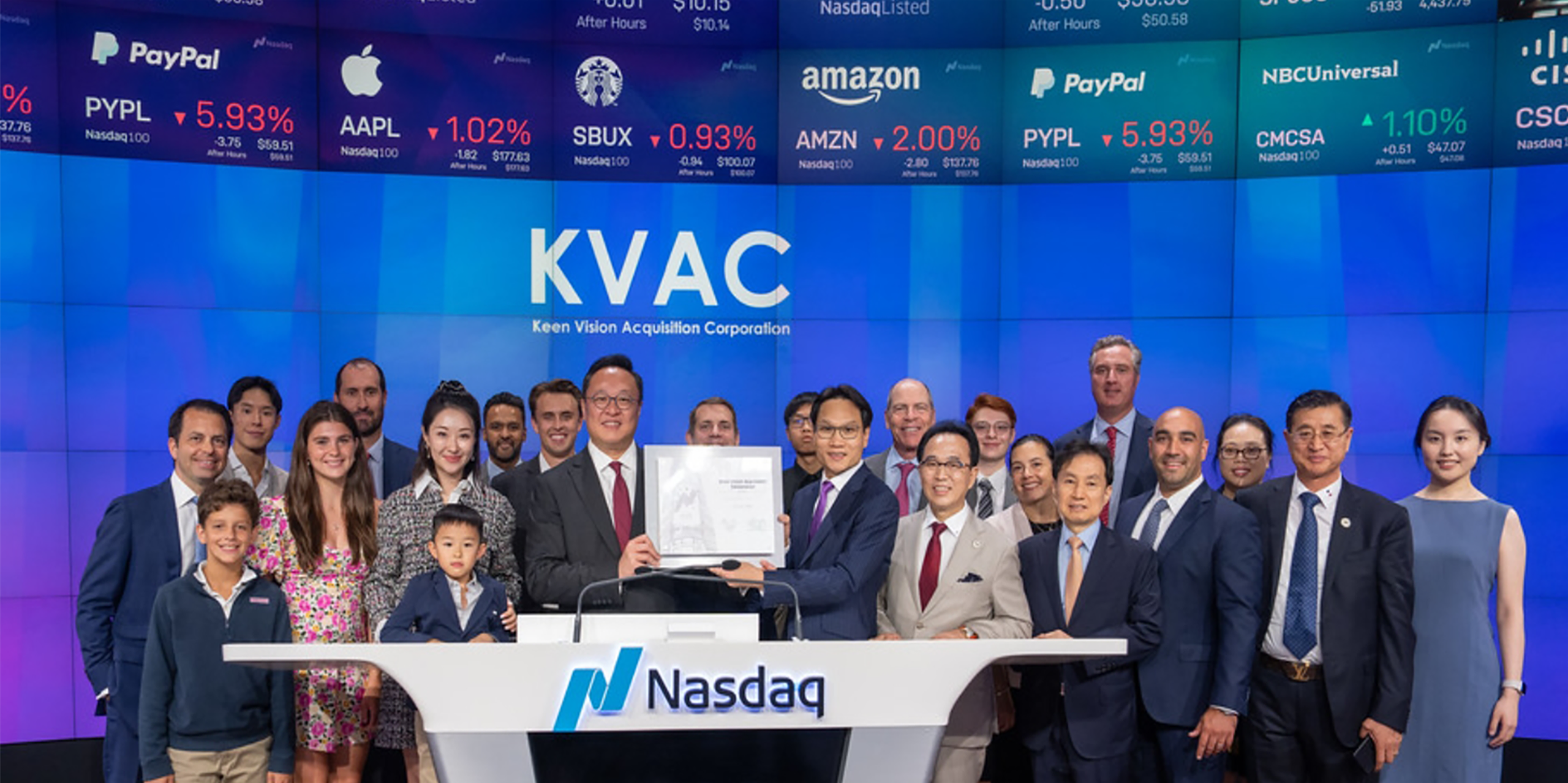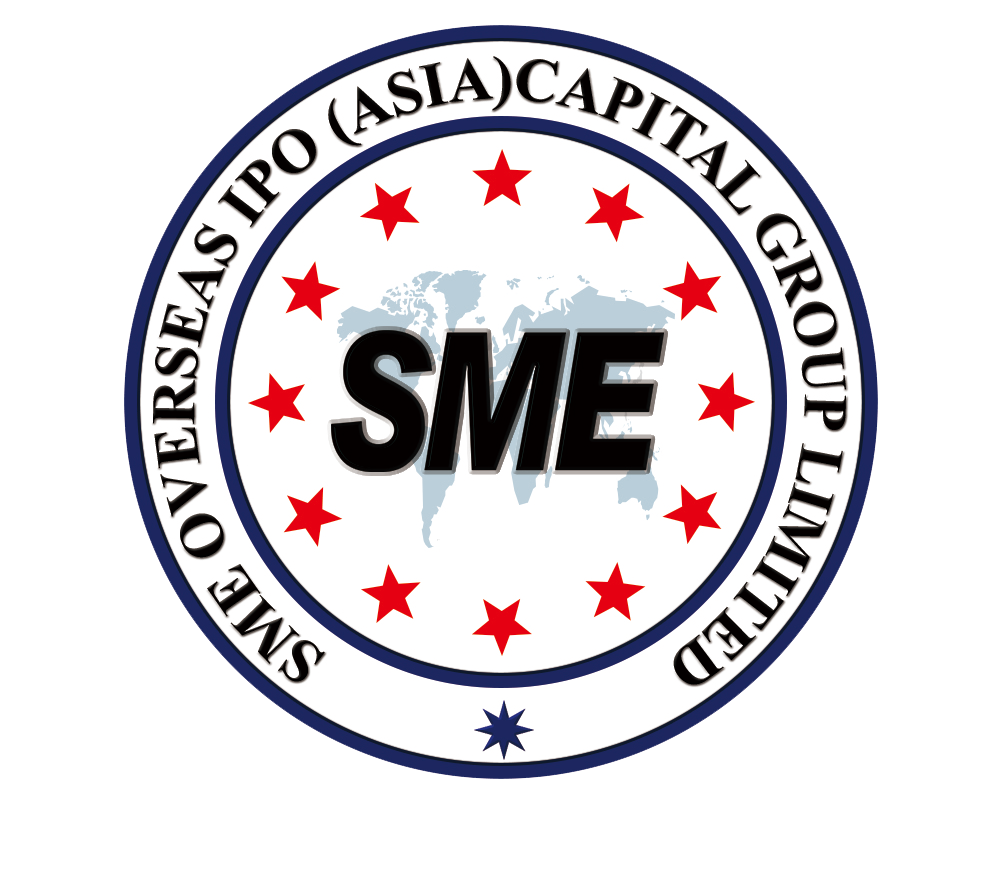
Hong Kong Stock Exchange
The Hong Kong stock market is a mature market with a relatively well-ordered market. Before the 1970s, the Hong Kong Association was established to do small-scale stock listing and trading activities. Since the 1970s, the stock market has become an important way for Hong Kong businesses to raise funds. The securities industry is an important area of financial services, and the financial services industry is one of the main economic pillars of Hong Kong. Hong Kong has always attached great importance to the financial industry and has been committed to promoting the development of the financial market so as to consolidate Hong Kong's status as an international financial center.
Advantages
Cultural similarities and geographical proximity:
The superior geographical location and language advantages, which facilitate the communication between the issuers and investors and regulators.
Interconnection with the mainland China:
The interconnection between the mainland and Hong Kong, capital flows southward, driving the enthusiasm of the entire Hong Kong stock market. Through Shenzhen-Hong Kong Stock Connect and Shanghai-Hong Kong Stock Connect, mainland investors can buy fintech stocks that are scarce in the A-share market.
International Financial Center Status:
It is an internationally recognized financial center, where industry elites gather, and many mainland Chinese companies and multinational companies have listed on the exchange to raise funds.
Well-established regulatory structure:
HKEx's Listing Rules strive to meet international standards and set high-level disclosure requirements for listed issuers to ensure that investors can obtain timely and transparent information from issuers in order to assess the company's status and prospects.
Disadvantages:
Control Enhancement:The central government and the financial sector have been tightening their control over the Hong Kong market. Reduced differences from the mainland market: The difference between Hong Kong stocks and A shares is becoming smaller and losing its internationalization. Attraction declines:There are too many Chinese-funded enterprises in Hong Kong, which is not conducive to diversified development. The market has been affected by the epidemic since 2019 and has become less attractive to investors. In the first three quarters of 2019, the number of Hong Kong IPOs fell by nearly 40% year-on-year. The price-earnings ratio is not high: The average price-earnings ratio of Hong Kong stocks is about 10 times, which is lower than that of the mainland and the United States.










 关注官方微信
关注官方微信